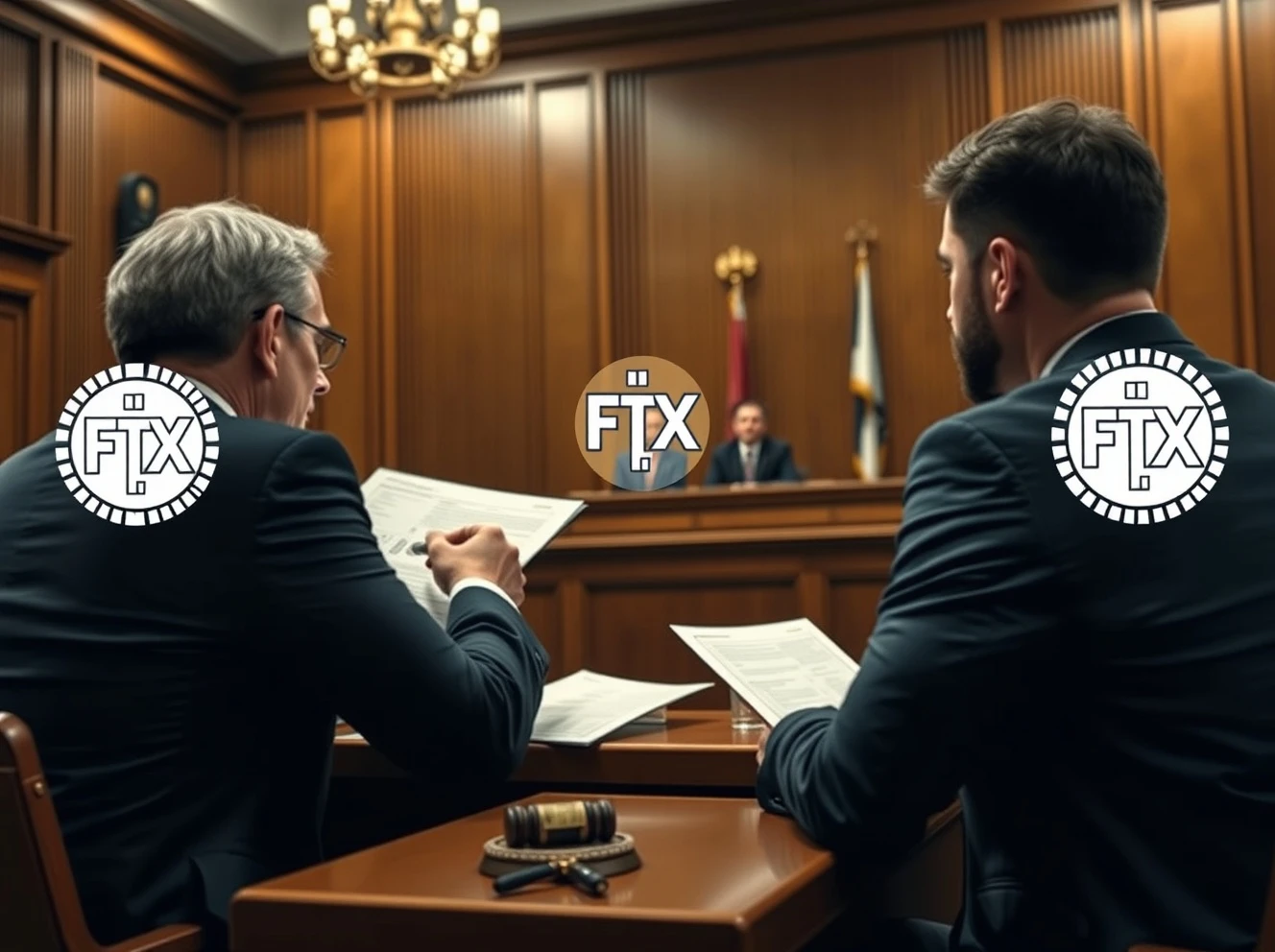The FTX legal saga continues to unfold with dramatic intensity, capturing global attention as former executives face ongoing courtroom battles. Nearly three years after the cryptocurrency exchange’s catastrophic collapse, new legal developments involving Ryan Salame and Michelle Bond reveal the complex web of consequences still haunting the industry. This high-stakes case demonstrates how one company’s failure continues to reshape cryptocurrency regulation and investor confidence worldwide.
FTX Legal Saga Enters Critical Phase
The FTX legal saga has entered a pivotal new chapter with Ryan Salame’s plea agreement becoming central to his wife’s defense strategy. Prosecutors recently rejected Michelle Bond’s request to testify about her husband’s mindset during his guilty plea. Consequently, this legal maneuver highlights the interconnected nature of the cases. The courtroom confrontations illustrate several key aspects:
- Political funding violations remain at the case’s core
- Prosecutors argue Bond cannot use her husband’s deal for her defense
- The timing of Salame’s guilty plea continues to influence proceedings
- Legal experts watch closely for precedent-setting outcomes
Creditor Repayments Create Market Uncertainty
Meanwhile, the FTX legal saga unfolds alongside massive creditor repayments that impact cryptocurrency markets. The FTX Recovery Trust distributed $1.6 billion on September 30, marking the third major reimbursement wave since February. Altogether, $7.8 billion has returned to creditors, creating both relief and market concerns. These developments present a dual reality for the cryptocurrency ecosystem.
Smaller creditors have recovered over 100% of their claims, while larger investors await full restitution. However, market analysts worry about potential volatility from sudden liquidity injections. The contrast between financial recovery and ongoing legal battles defines the current FTX landscape.
Legal Ramifications Extend Beyond Courtroom
The FTX legal saga establishes important precedents for cryptocurrency regulation and executive accountability. Ryan Salame’s seven-and-a-half-year sentence demonstrates the serious consequences of financial misconduct in digital asset markets. Furthermore, Michelle Bond’s case tests how spousal relationships factor into white-collar crime prosecutions.
Regulatory bodies worldwide monitor these proceedings carefully. The outcomes will likely influence future cryptocurrency legislation and enforcement approaches. Industry participants recognize that the FTX collapse continues to shape operational standards and compliance requirements across exchanges.
Market Impact and Future Implications
The ongoing FTX legal saga affects cryptocurrency market psychology and investment patterns. Investors now scrutinize exchange governance more carefully, demanding greater transparency and accountability. This case has fundamentally altered how participants perceive centralized cryptocurrency platforms.
- Enhanced due diligence becomes standard practice
- Regulatory compliance receives increased attention
- Investor protection measures gain priority
- Industry reputation rehabilitation remains ongoing
As the FTX legal saga continues, the cryptocurrency industry works to rebuild trust and establish stronger foundations. The Salame-Bond case represents just one thread in the complex tapestry of consequences following the exchange’s collapse. Ultimately, these legal proceedings contribute to creating a more robust and sustainable digital asset ecosystem.
Frequently Asked Questions
What is Ryan Salame’s current status in the FTX case?
Ryan Salame is currently serving a seven-and-a-half-year prison sentence after pleading guilty to campaign finance violations connected to FTX funds.
How does Michelle Bond’s case relate to her husband’s plea deal?
Michelle Bond’s defense team argues that understanding Salame’s mindset during his guilty plea is crucial to her case, though prosecutors have rejected this approach.
What is the total amount repaid to FTX creditors so far?
FTX creditors have received $7.8 billion in repayments through three distribution waves, with the latest $1.6 billion payment occurring September 30.
How has the FTX collapse affected cryptocurrency regulation?
The case has accelerated regulatory scrutiny worldwide, leading to stronger compliance requirements and increased emphasis on investor protection measures.
What percentage have small creditors recovered from FTX?
Some smaller creditors have recovered over 100% of their claims due to the appreciation of cryptocurrency assets during the bankruptcy process.
How long has the FTX legal process been ongoing?
The legal proceedings have continued for nearly three years since FTX’s November 2022 collapse, with multiple cases still working through the court system.








